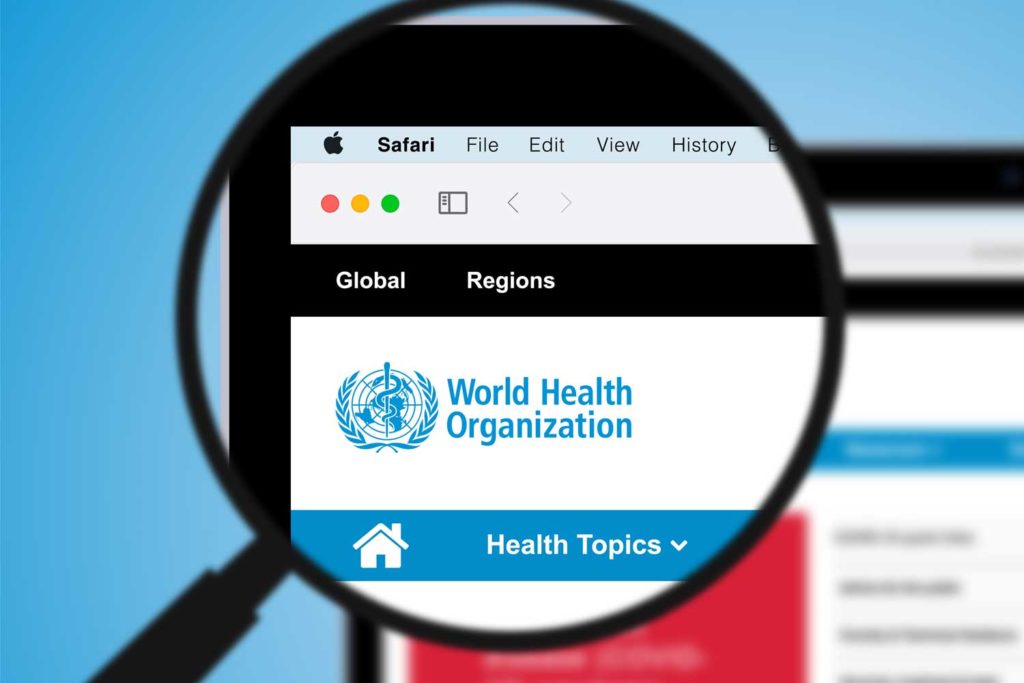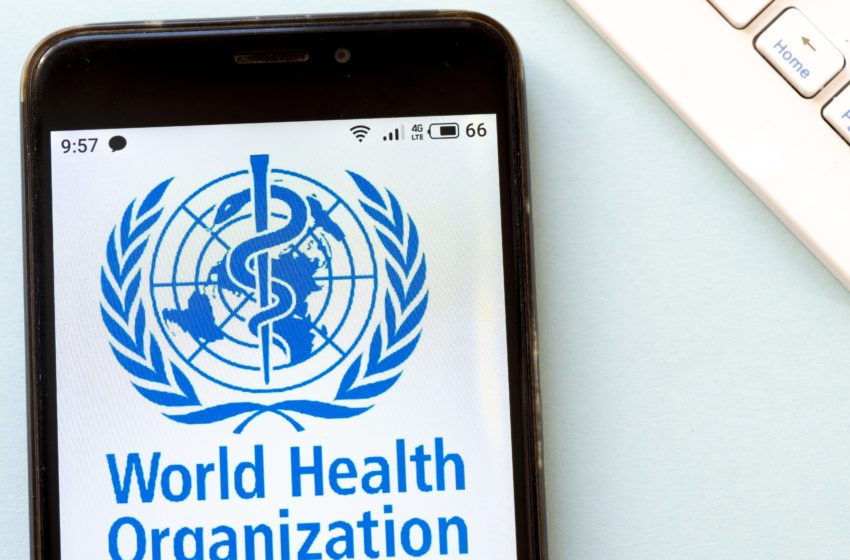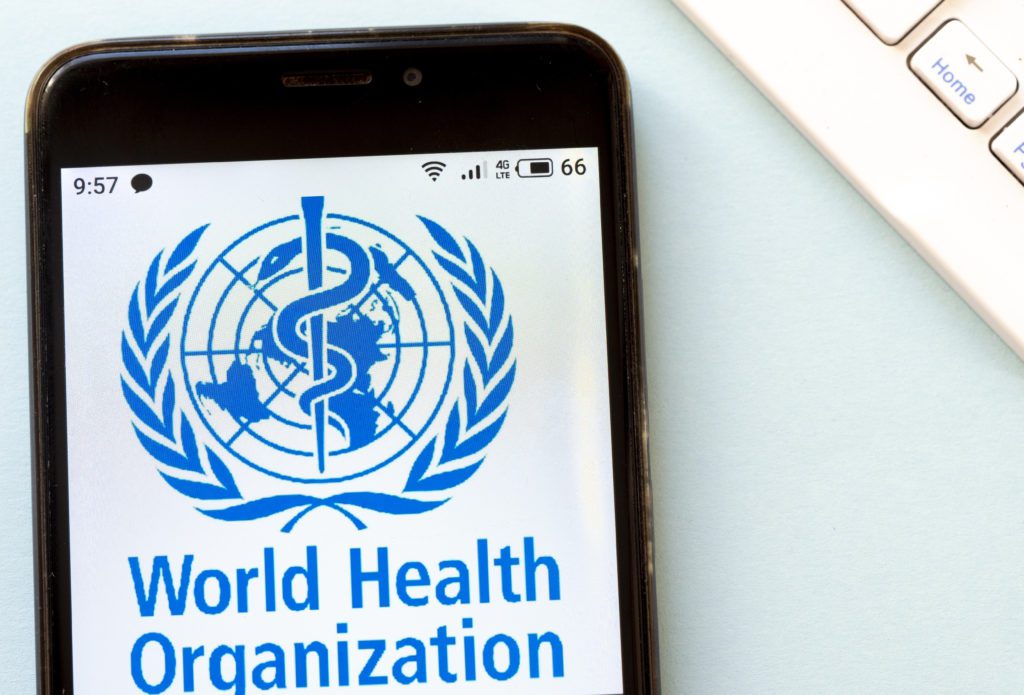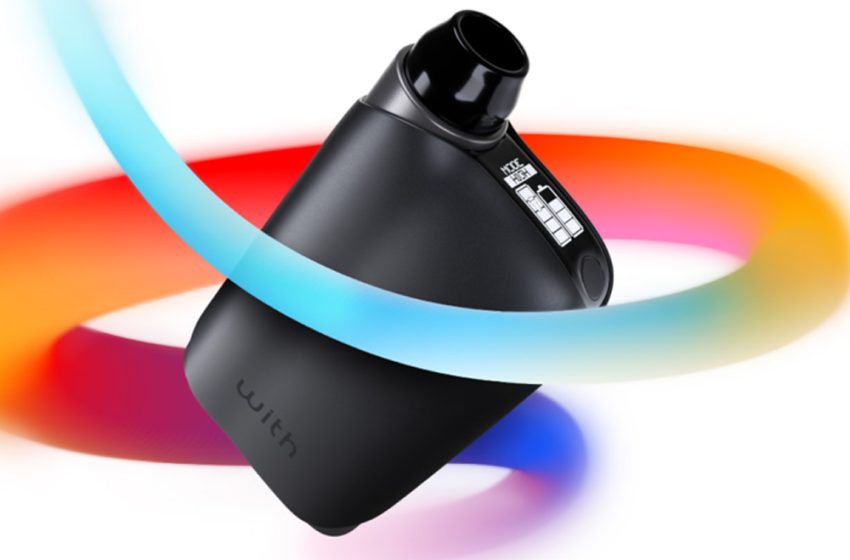
Media has reported that the recent World Health Organization (WHO) 2023 report on the global tobacco epidemic wrongly claims Malaysia doesn’t have or barely has smoking bans in public places. Malaysia is marked as having “zero” indoor places with a complete smoking ban. Malaysia has had smoke-free places since 2004.
The WHO Report on the global tobacco epidemic 2023 launched yesterday – which covered data until 2022 – categorised Malaysia as having a “complete absence of a smoking ban, or up to two public places completely smoke-free,” according to media reports.
Other smoking ban categories in the WHO report were three to five public places completely smoke-free, six to seven public places completely smoke-free, and all public places completely smoke-free (or at least 90 per cent of the population covered by complete subnational smoke-free legislation).
Malaysia’s level of compliance with smoking bans was categorized as “data not required or not applicable”.
Going into further detail on public places with complete smoking bans, Malaysia was marked as having “zero” indoor places with a complete smoking ban, as well as having seven outdoor places where smoking is banned either fully or partially.
The 2023 tobacco epidemic report by the United Nations health agency claimed that Malaysia does not have smoking bans in government facilities, indoor offices and workplaces, and pubs and bars.
On health care facilities, educational facilities except for universities, universities, restaurants, and public transport, the WHO report categorized Malaysia with “no” ban, but with an additional tag: “Smoking is banned and the law does not allow designated smoking rooms, except if the health authority allows them by administrative act. Until now, no such administrative act has been taken”.
Malaysia did not receive a single “yes” in the WHO report across all eight categories of public places on whether there is a complete smoking ban. Compliance levels with smoking bans in Malaysia for all these categories were marked as “data not required or not applicable”.
Other countries in the Western Pacific region, in which Malaysia was categorized, received “yes” in various different categories of public places on whether there are smoking bans.
The WHO report also stated that for Malaysia, smoking is not comprehensively banned in one or more jurisdictions.
In another table comparing countries on additional public places with complete smoking bans, again, the WHO report marked “no” for Malaysia in all categories except one — outdoor children playgrounds or parks — that got a “yes”.
The “no” for Malaysia with a tag — “Smoking is banned and the law does not allow designated smoking rooms, except if the health authority allows them by administrative act. Until now, no such administrative act has been taken” — was marked for these categories: land transport (train, taxi, bus, metro, tram); air transport (plane); water transport (boat, vessel, ferry); indoor waiting areas of public transport (train station, metro station etc.); airports; hotels; prisons; shops (supermarket, shop, shopping mall); and cultural facilities (museum, cinema, theatre, arena). Other countries, on the other hand, obtained a “yes” for various different categories.
On additional characteristics of smoking bans, the WHO report marked “yes” for Malaysia on the requirement to display non-smoking signs in smoke-free places; fines on the establishment for not asking a patron to stop smoking and for not posting no-smoking signs; fines on the patron for smoking; and a citizen complaints and investigations system.
Malaysia was marked “no” for required signs identify a telephone number or other mechanisms for the public to report violations; fines on the establishment for not removing ashtrays; and dedicated funds for enforcement. “No explicit ban on use” was marked for Malaysia for the categories of ban on the use of heated tobacco products (HTPs) and electronic nicotine delivery systems (ENDS) or electronic non-nicotine delivery systems (ENNDS) in public places.
This table on additional characteristics of smoking bans appears to be mostly accurate for Malaysia, except for the ashtray component. Eateries in Malaysia are prohibited from providing ashtrays.
On “no explicit ban on use” of e-cigarettes in public places, although Malaysian health authorities do sometimes take action against people for vaping in no-smoking areas, this is not explicitly prohibited in the law, as the Control of Tobacco Product Regulations only covers cigarettes and conventional tobacco products.
Malaysia has had smoke-free places for nearly two decades since the enactment of the Control of Tobacco Product Regulations 2004 under the Food Act 1983. Section 11 of the 2004 regulation itself prohibits smoking in government premises, air-conditioned eateries, shopping complexes, hospitals or clinics, educational institutions or higher educational institutions, airports, and public vehicles or public transport terminals, among others. Designated smoke-free zones have been increased in Malaysia over the years in amendments to the 2004 regulation.
According to an update as of 2020 by Tobacco Control Laws – a website by U.S.-based International Legal Consortium, a team of lawyers who specialize in tobacco control – Malaysia is 100 percent smoke free in multiple indoor places, including public transport, government facilities, health care facilities, schools and universities, and restaurants, among others.
In 2019, then-Health Minister Dzulkefly Ahmad expanded the smoking ban from indoor restaurants to open-air eateries.



















